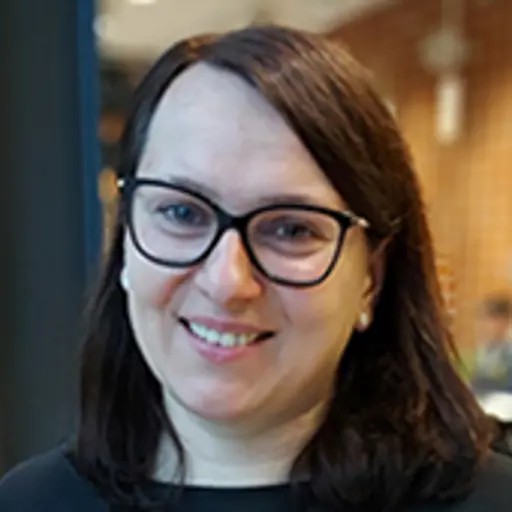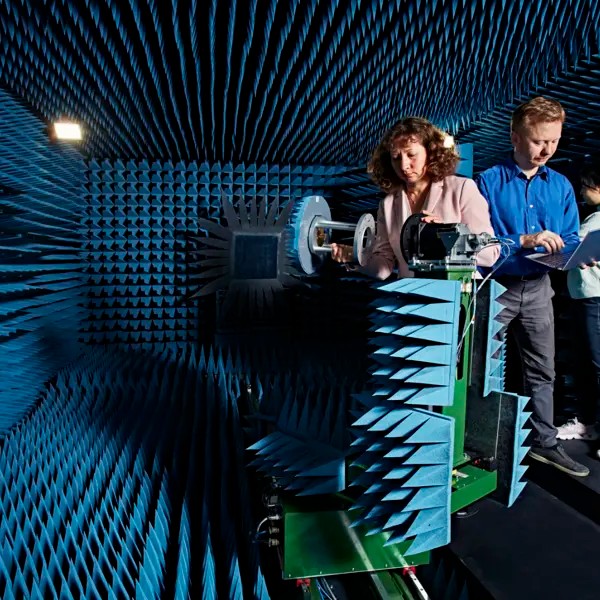

In June, Chalmers University of Technology welcomed researchers and industry representatives from across Europe, North America and Asia for the 19th ACM* International Conference on Distributed and Event-Based Systems.
The four-day conference brought together participants from 15 countries to explore the latest advances in data streaming and distributed, event-based computing.
A venue for ideas and collaboration
DEBS 2025 is a long-standing ACM conference dedicated to data streaming and event-driven computing, covering algorithms, middleware, systems, and real-world applications (https://debs.org/debs-conferences/). The aim is to bring together academic and industrial perspectives on how data can be collected, processed and analysed, and how events can be detected and responded to in increasingly complex digital environments.
The 2025 edition was organised by colleagues from Chalmers’ Computer and Network Systems division, with Vincenzo Gulisano and Marina Papatriantafilou as general chairs, supported by Romaric Duvignau (publicity chair) and Miquel Pericas (posters and demos chair). Programme committee chairs included Valeria Cardelini (University of Rome) and Paris Carbone (KTH) for the academic track, and Abel Suza (University of California) and Paul Townend (Umeå University) for the industry track.
– The conference offered a unique space for researchers and practitioners to engage in close and stimulating discussions, says Marina Papatriantafilou.
Highlights from Gothenburg
The programme featured research and industry tracks, a doctoral symposium, workshops, and a posters-and-demos session. A recurring element of DEBS is the Grand Challenge, which in 2025 centred on real-time monitoring of defects in Laser Powder Bed Fusion (L-PBF) Additive Manufacturing. The topic reflects both the scientific complexity of data-driven monitoring and its practical importance in advanced manufacturing, linking directly to Chalmers’ Area of Advance Production.
Keynotes with breadth and depth
Five keynote speakers offered perspectives on pressing challenges in the field:
Georgia Koutrika, Athena Research Centre (with support from the MSCA RELAX Doctoral Network och Chalmers CHAIR Centre)
Minos Garofalakis, TTU Crete and Athena Research Centre (supported by Chalmers Area of Advance ICT)
Vana Kalogeraki, Athens University of Economics and Business (supported by Chalmers Area of Advance Transport)
Prashant Shenoy, University of Massachusetts Amherst (supported by Chalmers Area of Advance Energy)
Amir Payberah, KTH (supported by the DEIinDB)
Together, the talks underscored how research in distributed and event-based systems is evolving in step with broader societal and technological challenges, from energy efficiency to inclusive approaches in computer science.
Chalmers in focus
DEBS 2025 brought people together and led to new collaborations. It also gave Chalmers a chance to showcase its work, such as new methods, software and hardware for data processing and management, and how these are used in ICT, transport, energy and production.
– Hosting DEBS gave us the chance to showcase the breadth of Chalmers’ research while strengthening international ties in this specialised and vibrant community, says Vincenzo Gulisano.
*ACM stands for the Association for Computing Machinery. It is the world’s largest scientific and educational organisation for computing and information technology. Founded in 1947, ACM brings together researchers, engineers, students, and professionals to advance the development and application of computer science. In short, ACM is the computing world’s equivalent of IEEE in electrical engineering.
- Associate Professor, Energy and Materials, Chemistry and Chemical Engineering



